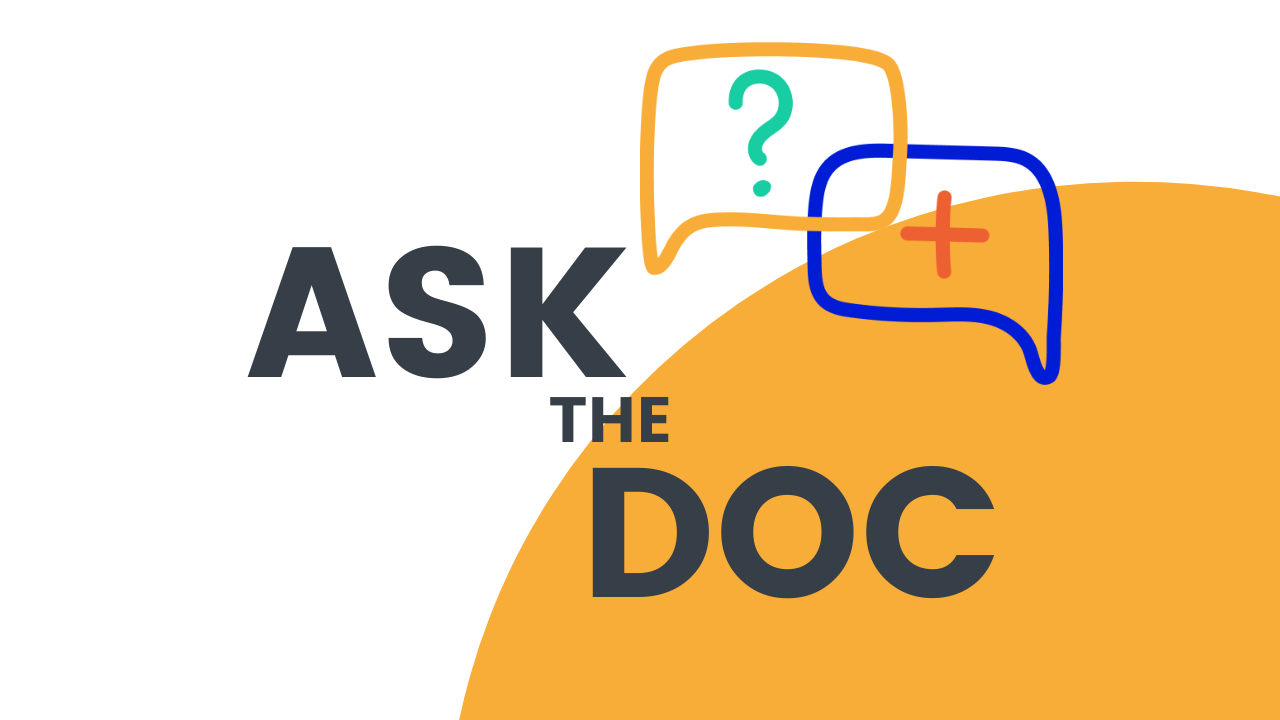Your heart health should be a priority!
Have you seen the effects of the Suez Canal blockage? And the chaos it has caused around the world in terms of trade? Even though progress has been made, the knock-on effects are likely to last months! But what has the Suez Canal got to do with heart health?
Blockages in the heart are even more serious since they affect how oxygen reaches your whole body. It really is It's pretty serious stuff! Heart disease is the largest cause of death in the UK. But the good news is that- up to 80% of heart diseases could be preventable.
Taking control of your heart health is crucial to living a long, happy life. Like all aspects of your health, there are both genetic and environmental components. While genes may increase the risk of a condition, most of the time there needs to be a lifestyle component which actually makes you have that condition. Even if you have genes which increase the risk of a heart attack, by making key lifestyle changes such as adopting a Mediterranean diet or exercising you may be able to prevent a heart attack from actually occurring.
A particular gene may increase your risk of a certain heart condition like a heart attack, but it does not definitely mean you will have one. If you know the risks, you can change your life and prevent future heart problems!
What causes a heart attack?
A heart attack (also known as myocardial infarction) happens when there is a blockage in the blood vessels which supply your heart. Just like the Suez Canal blockage, this blockage can cause chaos for the whole body. That’s because the heart supplies oxygenated blood to the whole body. Without oxygen the heart cannot survive and nor can your body.
What may block your blood vessels?
While it was a ship that blocked the Suez Canal in your heart it is also a moving object called an embolism which can cause a heart attack. An embolism is a moving obstruction, and it can block lots of different types of blood vessels. If it lodges in the supply to your brain it can cause a stroke. If it lodges in your lungs it can cause a pulmonary embolism and if it lodges in the blood vessels of the heart it can cause a heart attack.
What causes an embolism?
Embolisms are formed by either a blood clot or a fatty deposit called a plaque. A plaque is formed through a process called atherosclerosis which is a fancy term to describe the effects of a build up of fatty deposits in a blood vessel. The plaques in the wall of the blood vessels restrict blood flow and this puts pressure on the heart. This plaque can also rupture and form an embolism There are certain conditions which increase the build up of these fatty deposits including having high cholesterol, diabetes, or high blood pressure. All of these conditions can occur due to a combination of genetic risk and lifestyle.

How can you tell if you're at risk?
A lot of the conditions which increase the risk of a heart attack don't have a lot of symptoms. You may not know that your blood vessel walls are packed with atherosclerosis until it's too late. That's why it is important to monitor your health regularly. Luckily, we have a range of blood tests which can monitor heart health such as lipid profile. You should also get your blood pressure checked by you doctor. By monitoring your health and consulting a doctor about it- you can stay ahead of the game.
Let’s see how you can find out about your heart risk!
DNA tests can offer you insight into various risks you have whether it is for coronary artery disease, myocardial infarction (heart attack) or hypertension (high blood pressure). There are even tests which will check your risk of developing a blood clot. It’s especially useful if you know people in your family who have these conditions. The best part is you can find out if you are at risk before you even get the disease!
Once you know your risks you can act immediately to tackle and decrease the chances. At Rightangled not only do we provide you with your DNA report, but we also have cardiologists who are partnered with us. These heart specialists can help you take control of your heart health.
What's more, The Wellness Pro package not only gives you information about your heart health, it also tells you about how your body reacts to food and exercise. This means you can get genetically matched diet and exercise plans.
What if you are already on heart medications?
Did you know that not all heart medications work on everyone the same? Whether you’re on beta blockers like metoprolol or an ACE- inhibitor like perindopril- your genes impact how well these drugs will act in your body.
At Rightangled, we think tailoring medication to your genes makes for truly personalised medicine that’s why we have a range of tests which check if your gene variants respond well to different drugs. Once you have your results, you can share them with one of our partner cardiologists and start optimising your heart health further! You can find out more about the Rightangled Heart DNA test on this page (https://www.rightangled.co/products/heart-dna)!
The bottom line
Your heart health is super important, and preparation is key to preventing a disaster like a blockage. With Rightangled, you can be certain about your heart risks, monitor your health and get professional insights into changing your lifestyle to boost your heart health. We can even help you learn about your heart medications and whether they suit your genes. So, you can remain in control of your heart health at every stage of life.





